Today, traditional Electronic Health Records (EHRs) are no longer sufficient in the digital healthcare ecosystem. A JAMA Network Open study found that EHRs contribute to burnout for nearly two-thirds (65.1%) of physicians and half (50%) of family physicians.
Well, that’s a concerning statistic.
Clearly, we need to go beyond conventional health information systems that are effective, flexible and patient-centric. In the past 2 years, EHRs have improved access to patient data and made documentation easier. But at the same time, it created huge challenges that make it difficult to provide good patient care.
However, current systems often fail to evolve into electronic health information exchange. Now, with the emergence of second wave innovation in healthcare technologies, they are breaking down silos, enabling real time decision making and personalized care with intelligent technologies.
So, in this blog, we will see how these innovations are changing the future of health records information systems in the US healthcare landscape.
The Shortcomings of Traditional EHRs
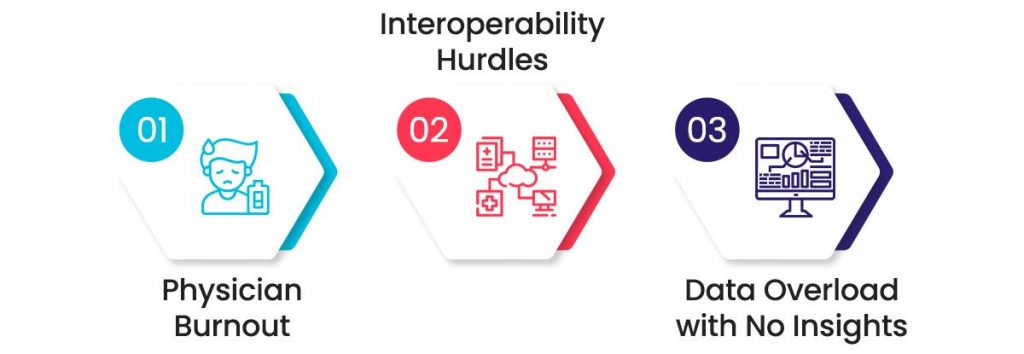
EHRs were initially designed to make healthcare more efficient and coordinated. Well, they’ve achieved some of these goals, but they have also introduced new problems, such as:
Physician Burnout: Studies show that doctors spend twice as much time on EHRs as they do with patients.
Interoperability Hurdles: Different healthcare practices use different EHR information systems, so data sharing becomes extremely difficult.
Data Overload with No Insights: The current medical information systems may store big data, however, they do not fulfill their ability to transform raw information into actionable insights.
However, as these limitations become more pronounced, healthcare leaders are now looking beyond EHRs to build smarter, more connected health information systems.
Key Innovations Shaping the Future of Health Information Systems
1. AI-Powered Clinical Decision Support & Workflow Automation
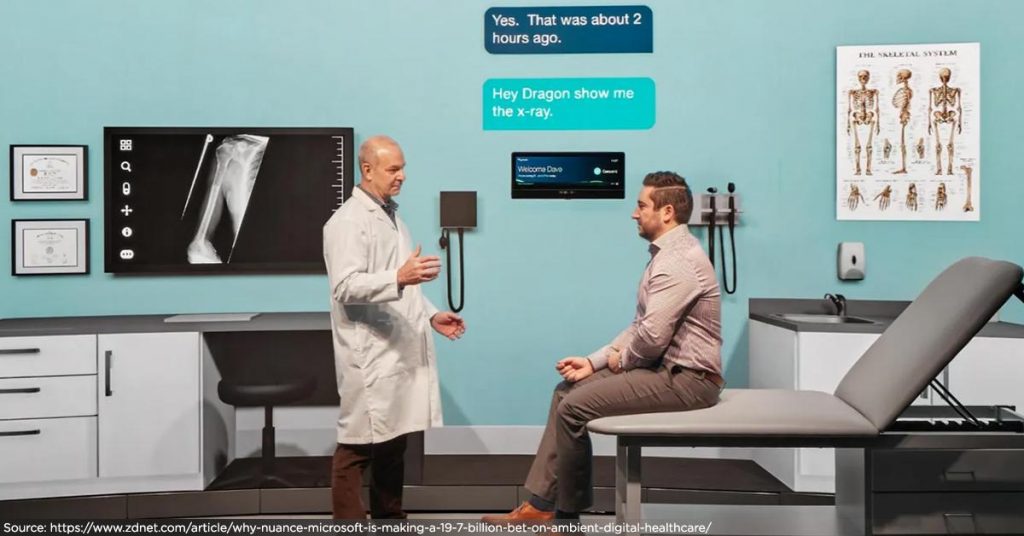
AI is changing healthcare workflows by automating routine tasks and providing real-time decision support within the health information system.
- AI voice assistants like Nuance’s Dragon Ambient eXperience (DAX) and Suki AI can help doctors reduce documentation time by up to 70% through real-time conversation transcription.
- Beyond documentation, AI-driven predictive analytics can predict disease progression, optimize treatment plans, and facilitate early diagnosis.
- According to a 2024 report by McKinsey, AI can unlock insights from previously inaccessible data and enable consumer engagement and personalization at scale.
2. Interoperability & Health Data Exchange
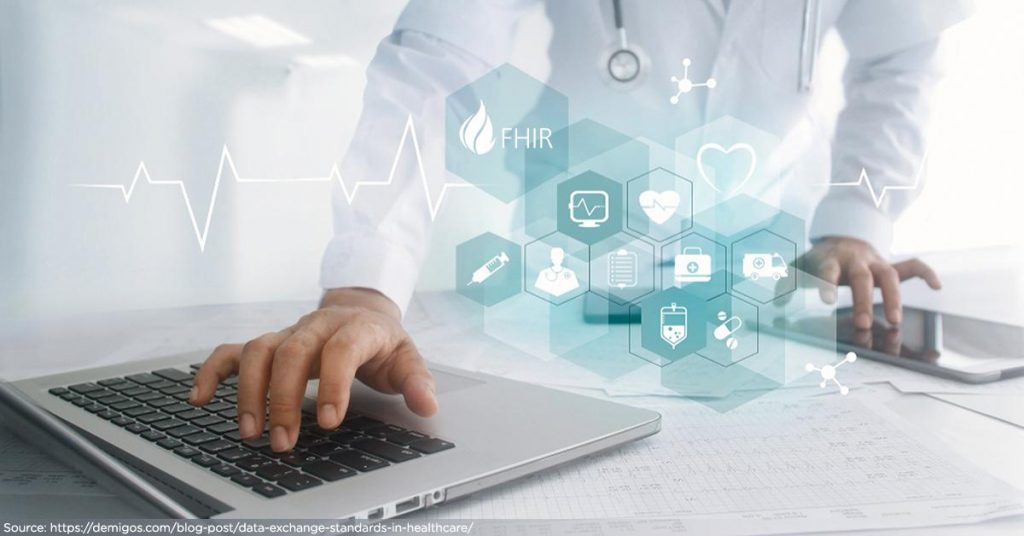
Healthcare Interoperability is the key to effective health information systems integration. Significant progress is being made:
- The Trusted Exchange Framework and Common Agreement (TEFCA) by the Office of the National Coordinator for Health IT (ONC) is establishing a nationwide health data exchange framework.
- Fast Healthcare Interoperability Resources (FHIR) is becoming the standard that enables different health information systems to communicate seamlessly.
- Major EHR vendors like Epic and Cerner are adopting FHIR and allowing data to be shared across hospitals, clinics, and telehealth platforms.
3. Patient-Centric Digital Health Platforms
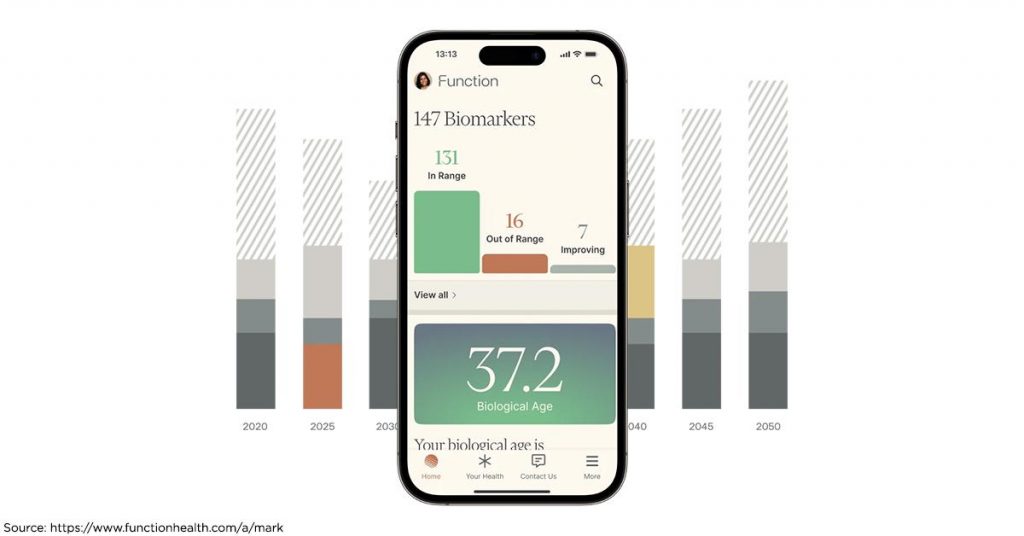
Patients are increasingly taking control of their health through innovative platforms:
- Companies like Function Health are leading the way in electronic health information system dashboards, where patients can view lab results, genetic data, and medical history.
- Remote patient monitoring (RPM) is booming fast, particularly for chronic disease management and post-hospitalization care. The RPM market is expected to be $117.1 billion by 2027.
- Smart devices such as the Apple Watch and continuous glucose monitors empower patients to share their real-time health data with their care providers.
4. Blockchain & Decentralized Health Records
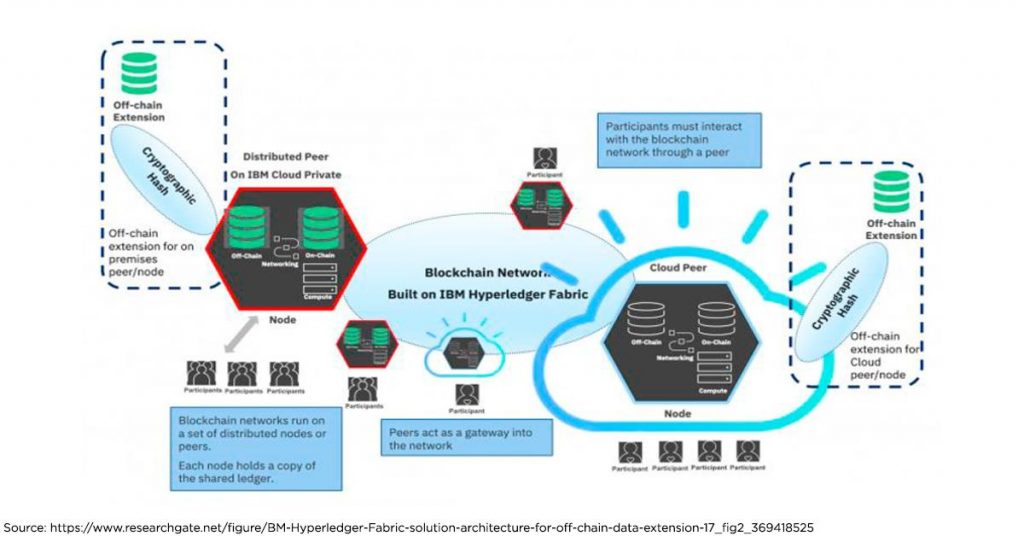
Healthcare faces huge data security and privacy issues that new techs are addressing now:
- Blockchain technology supports the development of decentralized health records, ensuring that the data will not be tampered with or hacked.
- Blockchain-based health information exchanges can make secure data sharing while empowering patients with the ownership of their medical records management.
- Projects like MedRec and IBM’s Hyperledger Healthcare are developing blockchain solutions for medical data transactions within health information systems for EHR.
5. Headless EHRs & Modular Health IT Architectures
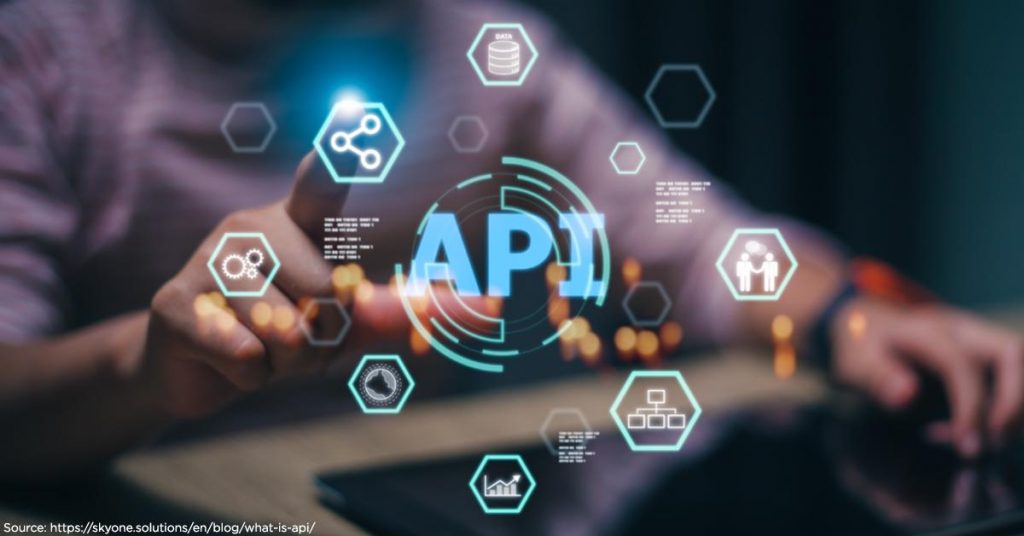
Traditional EHR integration are rigid and inflexible, limiting innovation. This is where new headless EHRs change the game:
- Headless EHRs follow a modular approach that separates the backend data from the front end. This allows you to build your own custom solutions.
- Some hospitals are using APIs to integrate specialty apps into their EHR health information systems. This is the future of agile and scalable health IT.
- Major vendors like Epic health integration and Cerner system are gradually transitioning toward open and modular architectures in health information systems development.
6. Augmented & Virtual Reality (AR/VR) in Healthcare IT
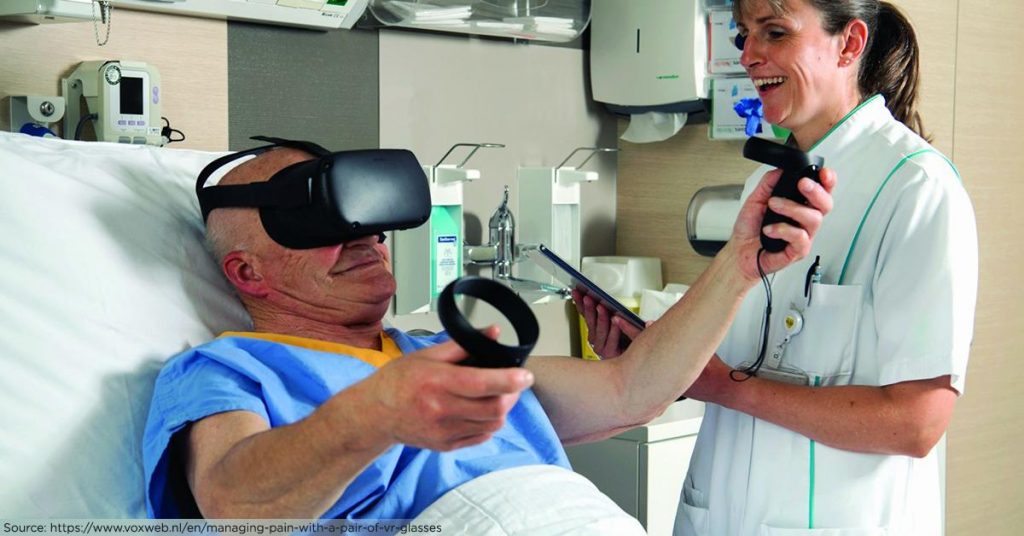
Apart from entertainment, AR and VR help doctors treat critical healthcare applications:
- In healthcare, AR overlays real-time patient data during surgical procedures that enhance precision and outcomes.
- VR is being used for pain management, physical therapy, and medical training within a comprehensive health information system.
- Platforms like Osso VR are being used by top hospitals to improve surgical precision and reduce doctors’ training time.
7. Federated Learning for Privacy-Preserving AI in Healthcare
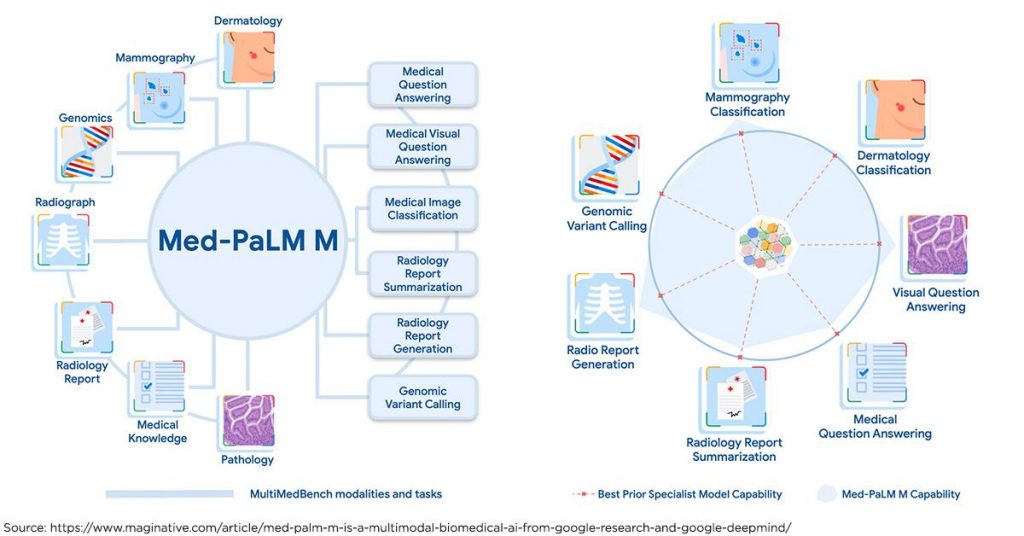
The largest obstacle to AI adoption in healthcare is the concern about the privacy of data:
- Federated learning allows AI models to be trained on decentralized patient data without transferring sensitive information.
- For instance, Google’s Med-PaLM most likely relies on federated learning to train clinical AI models without breaking the confidentiality of patient records.
- Hospitals thus can collaborate on their AI research without having to compromise data security in their health information systems.
The Business & Policy Implications
Advancing beyond traditional EHRs requires collaboration between healthcare providers, tech companies, and policymakers. Key areas to focus on are:

- Regulatory Compliance: AI-powered health information systems must comply with HIPAA software and FDA rules.
- Payer Models: Medicare and private insurance coverage should expand to include digital health products like remote monitoring and AI-driven diagnostics.
- Security: With digital health ascending, the need to invest in data breach protection becomes increasingly critical.
A survey found 80% of healthcare executives believe interoperability and AI-driven automation will be the key to success. However, only 45% feel their organization is prepared for this transition. So there is an urgent need for investment and regulation in modern health information systems.
Final Thoughts
Future health information systems will go beyond traditional EHRs. New technologies, including AI, blockchain, interoperability standards and patient-centric platforms, are changing the way we process and use health data. To successfully overcome this path, healthcare leaders must adjust and follow some core strategies- reduce administrative burden with AI automation, support FHIR standards for interoperability, enable patient-centric platforms that put people in control and stay current with evolving regulations. In the next decade, health information systems will transform extremely – become smarter, more connected and more patient-focused. These advances promise to overcome the shortcomings of existing EHRs and advance care quality and provider satisfaction.
The post Beyond EHRs: The Next Wave of Innovation in Health Information Systems appeared first on Osplabs.







One Response
The article offers a forward-thinking perspective on the future of health information systems, highlighting the need to move beyond traditional Electronic Health Records (EHRs). It emphasizes the importance of integrating new technologies such as AI, machine learning, and data interoperability to enhance patient care, streamline workflows, and improve decision-making. The piece effectively showcases how innovation can address existing limitations in healthcare systems and set the stage for more efficient, patient-centered care solutions.